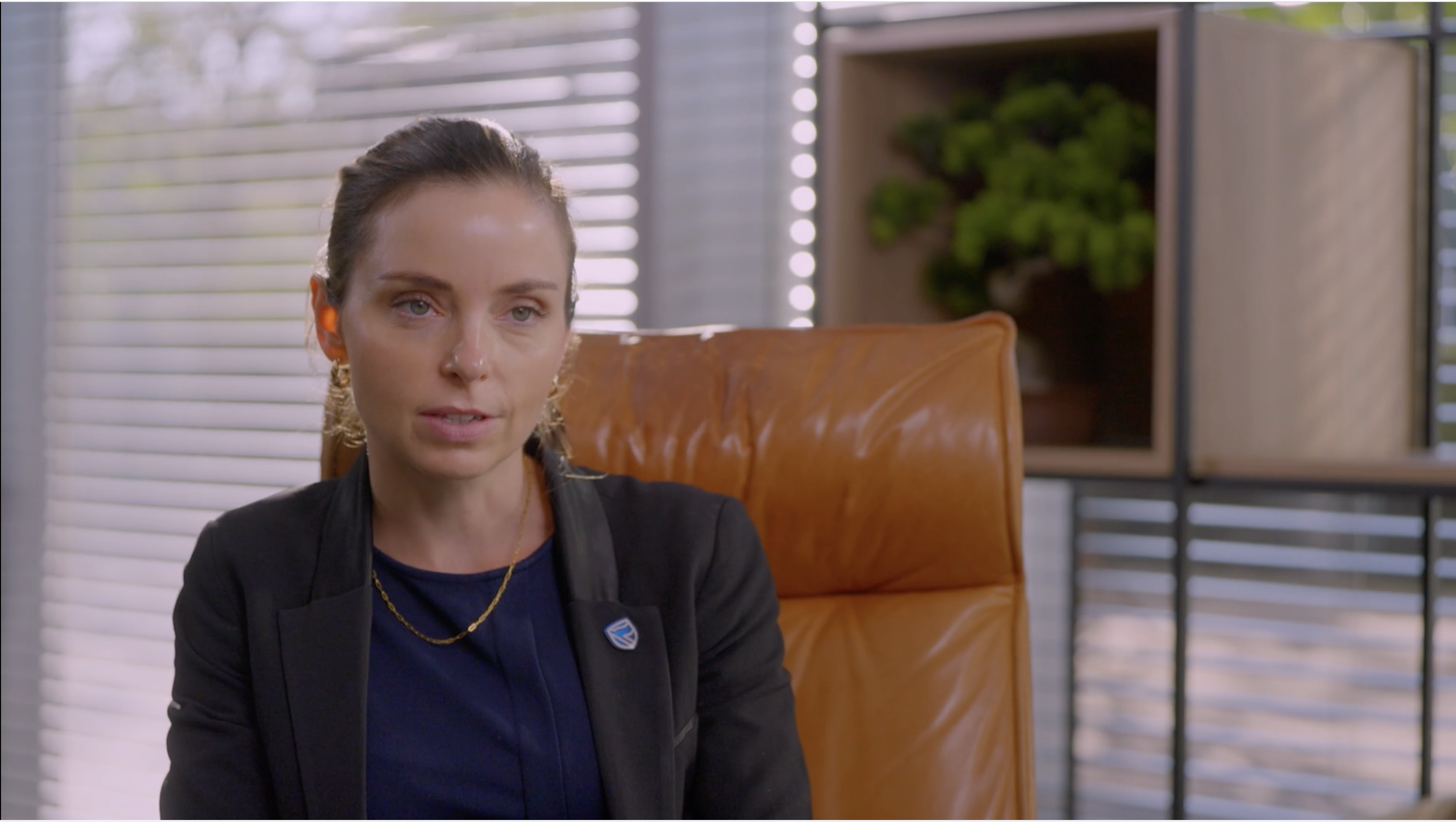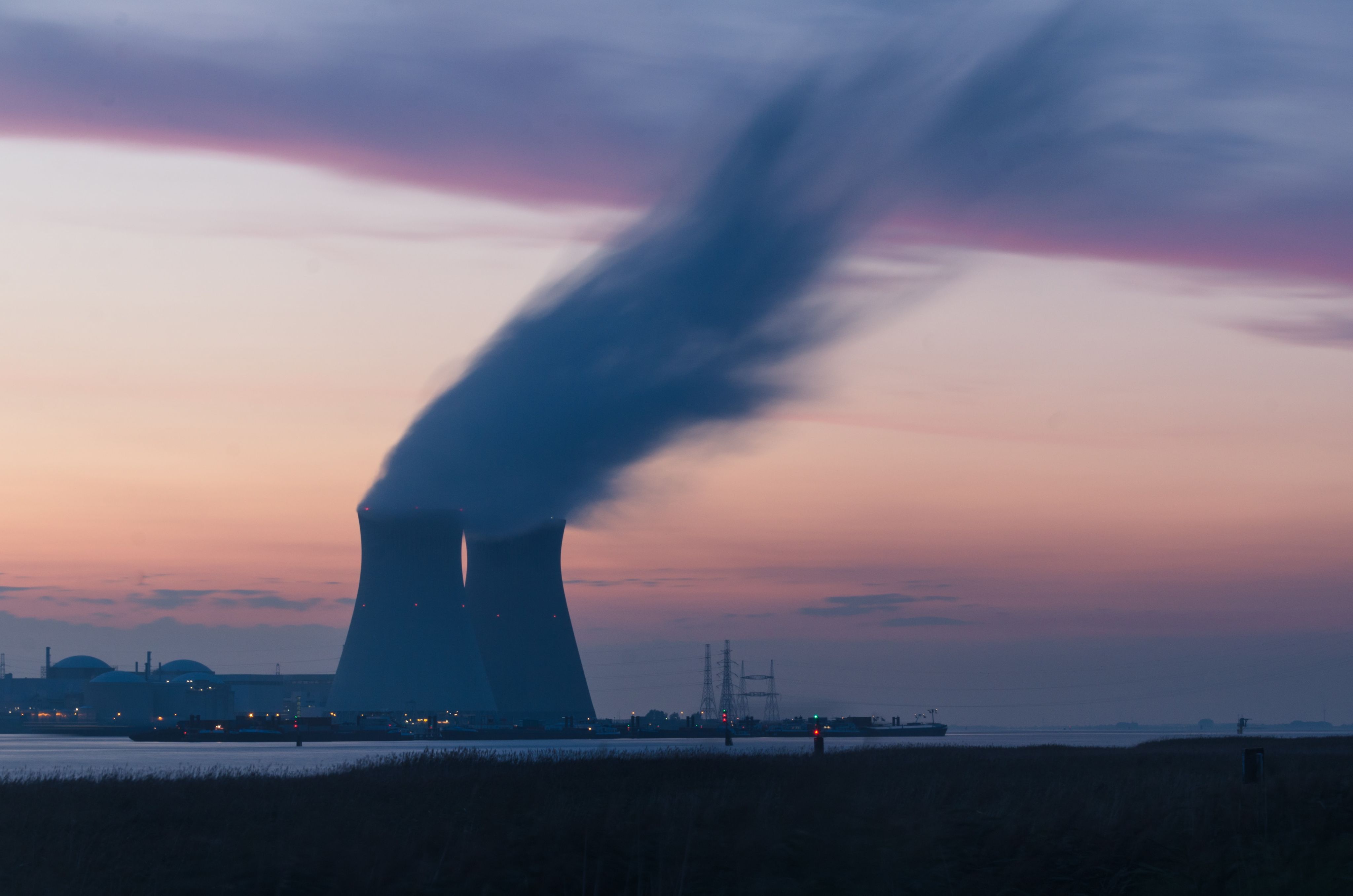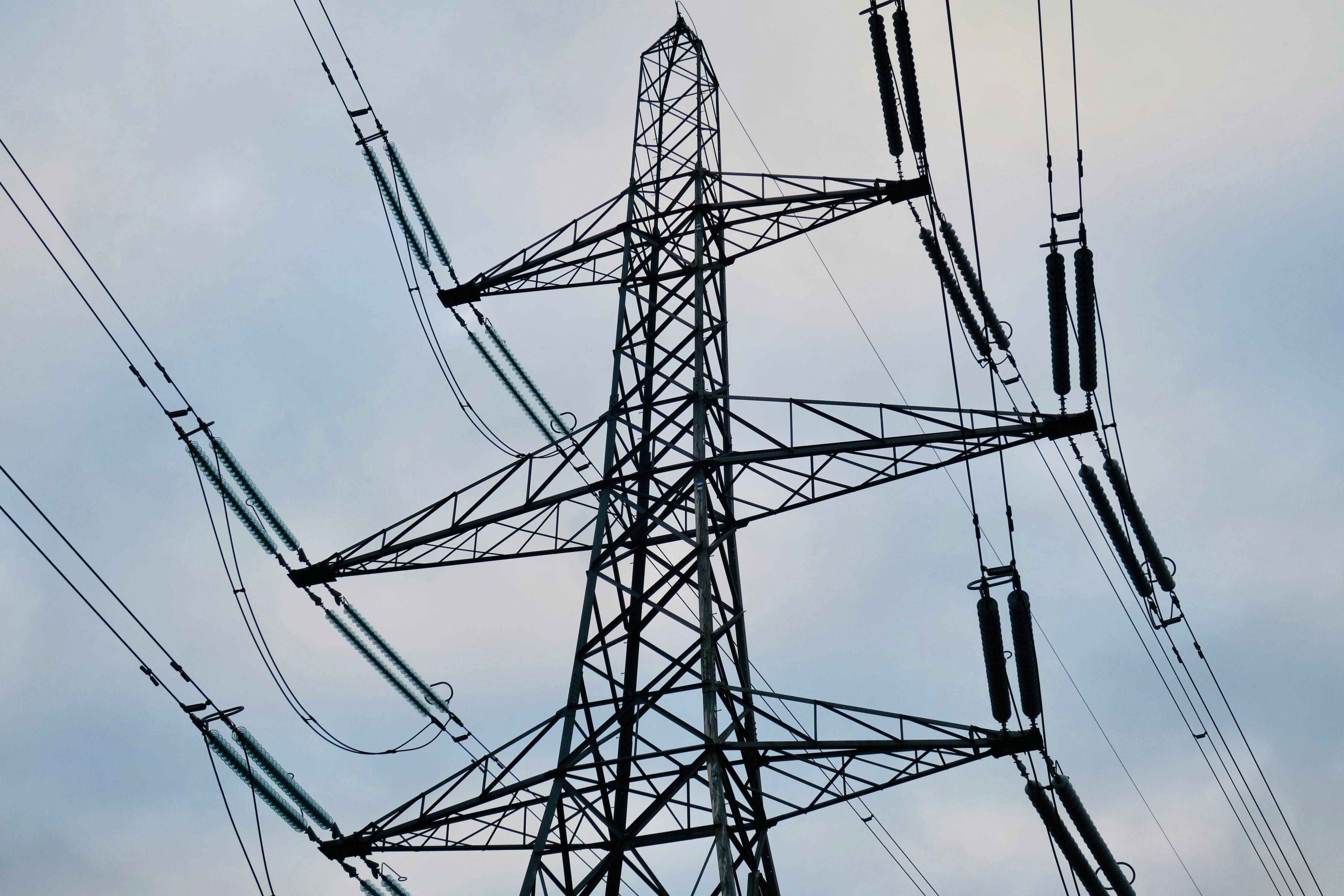WATCH | Revolutionising South Africa's energy sector: A leap towards sustainability and collaboration

In 2023, the World Bank granted Eskom consent for the proposed legal separation of NTCSA and Eskom. Vincenzia Leitich, Executive: Energy & Infrastructure at Standard Bank, says this move will allow for the trading of electricity, more private power participation, and the ability for more power generation.
The global shift towards power sector reform and the unprecedented levels of load shedding in South Africa have ushered in positive changes for power sector policy.
These reforms include the removal of the licensing threshold for private generation facilities and the establishment of the National Energy Crisis Committee (NECOM) - tasked with coordinating the implementation of the Energy Action Plan.
In 2023, the World Bank - Eskom’s major lender - granted the power utility its consent for the proposed legal separation of NTCSA and Eskom. Moves like this open the door to more collaboration and sustainability, and will allow for the trading of electricity, more private power participation, and the ability for more power generation, says Vincenzia Leitich, Executive: Energy & Infrastructure at Standard Bank.
"There's been a lot that's happened over the last couple of years. We had the Electricity Regulation Act, which was passed through Parliament, and leading up to that, some of the changes that will happen this year include the Market Code. That's important for when the National Transmission Company of South Africa (NTCSA) is spun out of Eskom," says Leitich.
The Market Code provides for the purchasing and selling of electrical energy by participating generators.
"There will be more private power generation and an increase in trading. Additionally, because of the transmission system and the ability to wheelpower, that means there should be fair and transparent access to the grid, which levels the playing field in terms of power generation,” adds Leitich.

Collaboration Is Key
One of the offshoots of sector reform has been a more open collaboration between the government and the private sector to create more sustainable power generation in the country.
"We've seen that from the start of independent power producers (IPPs) in South Africa, there's been a lot of engagement. There's been a lot of collaboration between the private sector and the government sector," says Leitich.
As a market leader and because of its sector emphasis, Standard Bank has taken a proactive stance in working with clients to generate new ideas and prepare for impending market reform.
"We have been at the forefront of the aggregator model and collaborating with some of the new aggregators that come into the market, understanding what they're doing to allow for that model to become bankable,” says Leitich.
Other programmes where the bank has been involved include the battery energy programmes, where the bank is lending to all five preferred bidders in the first bid window of the Energy Storage Programme.
More Power Generation
Overall, power sector changes can help keep the lights on and increase energy generation and Standard Bank is helping many clients with appropriate funding.
"We're very much at the forefront of commenting on some of the regulations and policies from a bankability perspective. Because a lot of these projects, if you're looking at utility-scale projects, need a significant amount of debt funding," says Leitich.
Standard Bank is the right partner to help clients looking for sustainable, affordable, and adaptable solutions to help them achieve their long-term business goals in the energy market.

To ensure your business contributes to a more sustainable world, visit Standard Bank HERE.
Read more stories like this on Standard Bank’s Sustainable Impact hub below.
Explore More



